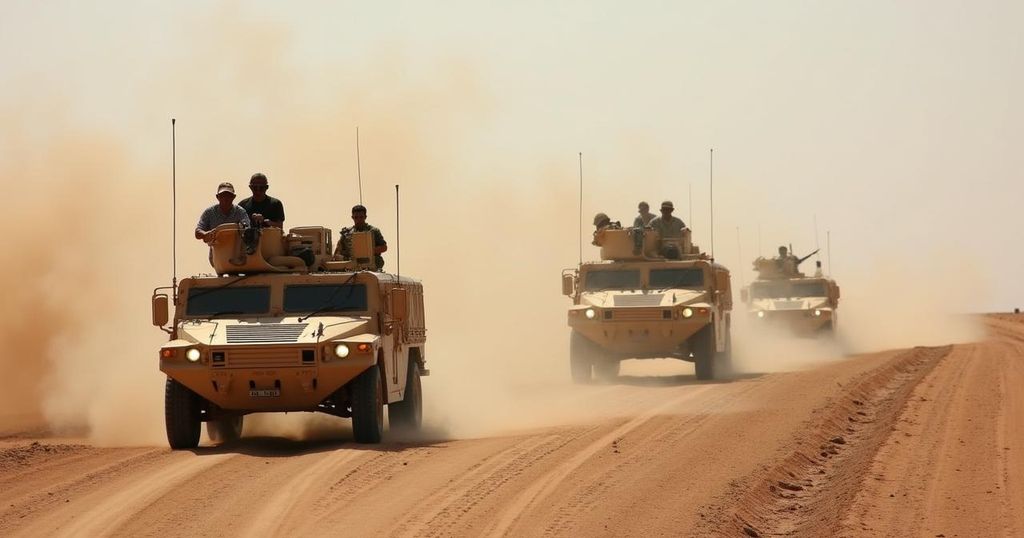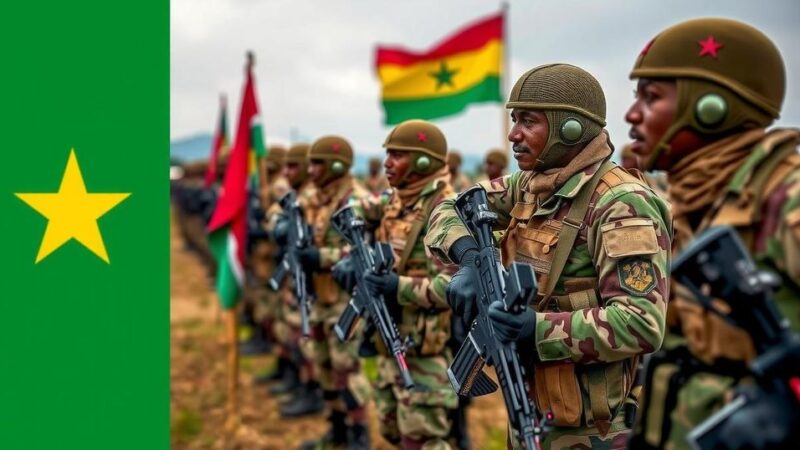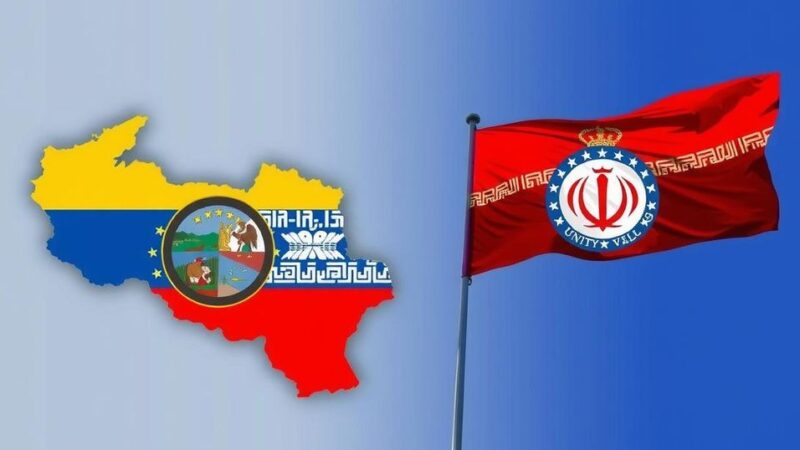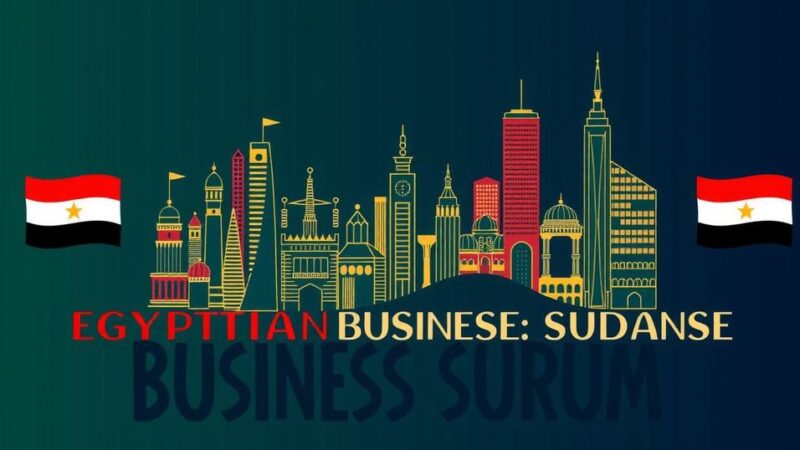Egypt is intensifying its military mission in Somalia ahead of Ethiopia’s troop withdrawal by December 31. In collaboration with Somali forces, Egypt aims to curb Al Shabab’s activities while sending military support and training. The situation is complicated by Egypt’s ongoing disputes with Ethiopia over the Grand Ethiopian Renaissance Dam and sovereignty issues related to an Ethiopian port deal with Somaliland. As military tensions rise, Egypt seeks to replace Ethiopian peacekeepers and bolster Somali security forces.
Egypt is currently enhancing its military operations in Somalia ahead of the December 31 deadline for the withdrawal of Ethiopian troops from the region. In coordination with Somali authorities, Egypt is providing training and support to Somali security forces to combat Al Qaeda-affiliated militants, as reported by sources to The National on Tuesday. This initiative follows a significant military cooperation agreement signed between Egypt and Somalia in August, which has facilitated the dispatch of arms, military advisors, trainers, and counter-terrorism commandos to Mogadishu. By the year’s end, it is projected that thousands of Egyptian personnel will be engaged in this military mission. Ethiopia maintains approximately 22,000 troops in Somalia as part of a bilateral agreement and an African Union peacekeeping mission aimed at suppressing the activities of the militant group Al Shabab. The bilateral relations between Egypt and Somalia have soured with Ethiopia, particularly concerning Egypt’s grievances regarding the Grand Ethiopian Renaissance Dam, which Cairo claims threatens its water supply from the Nile. Additionally, Somalia has expressed concerns about a recent agreement that allowed Ethiopia to establish a port in Somaliland, which it sees as a violation of its sovereignty. In anticipation of the Ethiopian troop withdrawal, Egypt has bolstered its presence in Somalia, with some Somali forces reportedly already deployed along the supply routes used by Ethiopian troops to obstruct any potential reinforcement attempts by Addis Ababa before the deadline. Following Egypt’s military support, Ethiopia is said to have escalated its troop numbers by approximately 7,000, amidst worries that external arms could exacerbate Somalia’s security issues, particularly affecting its battle against Al Shabab. Ethiopian President Taye Atske Selassie has articulated apprehensions concerning the influx of weapons from “external forces” leading to instability in Somalia, which he fear could be exploited by terrorists. In contrast, Somali Foreign Minister Ahmed Moallim Fiqi has countered these claims, attributing Ethiopia’s statements to its desire to obscure its own issues regarding illegal weapon smuggling into Somalia. Despite ongoing tensions, Ethiopia has assured both Egypt and Sudan of the dam’s non-threatening nature while asserting its critical importance to the country’s development. However, extensive negotiations over the dam have yielded no conclusive legal agreements, provoking sustained concerns from Egypt. Recently, Egyptian President Abdel Fattah El Sisi emphasized at a water conference that “The River Nile, specifically, is an issue that’s associated with the life and survival of Egyptians.” El Sisi has actively sought collaboration with Nile basin countries to exert pressure on Ethiopia regarding the dam negotiations. The strengthening of military cooperation in Somalia and strategic partnerships with Eritrea signify Egypt’s determination to influence Ethiopia toward reaching a favorable agreement on the dam issue. At a summit in Asmara, El Sisi reaffirmed Egypt’s commitment to supporting Somalia in restoring its safety and stability, while simultaneously alluding to the broader geopolitical ramifications of Egypt’s increasing military presence in the Horn of Africa.
The article outlines a significant military collaboration between Egypt and Somalia in light of Ethiopia’s planned withdrawal of troops from Somalia by December 31. It delves into the geopolitical tensions in the Horn of Africa, primarily focusing on the ongoing disputes surrounding the Grand Ethiopian Renaissance Dam and the implications this has on regional security and sovereignty. The military dynamics involve Egypt’s increasing presence and support in Somalia, as well as Ethiopia’s strategic military position in response to these developments. Understanding the historical and political context of these relationships is crucial to grasping the intricacies of the situation.
In conclusion, Egypt’s military intervention in Somalia reflects its strategic objectives to counter Ethiopian influence and support Somali government forces in combating militant threats. As the deadline for Ethiopian troop withdrawal approaches, the situation remains tense, underscored by the regional contention regarding control over the Nile and the ramifications of the Grand Ethiopian Renaissance Dam. The evolving dynamics exemplify the complexities of international relations within the Horn of Africa and highlight Egypt’s commitment to enhancing its security partnerships in the region.
Original Source: www.thenationalnews.com






